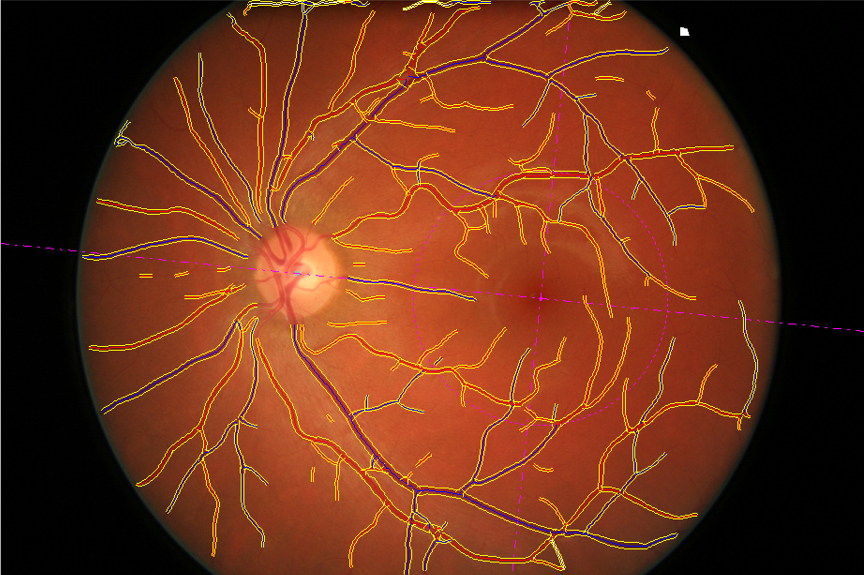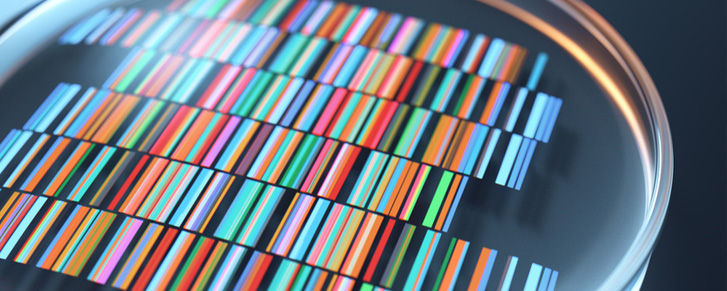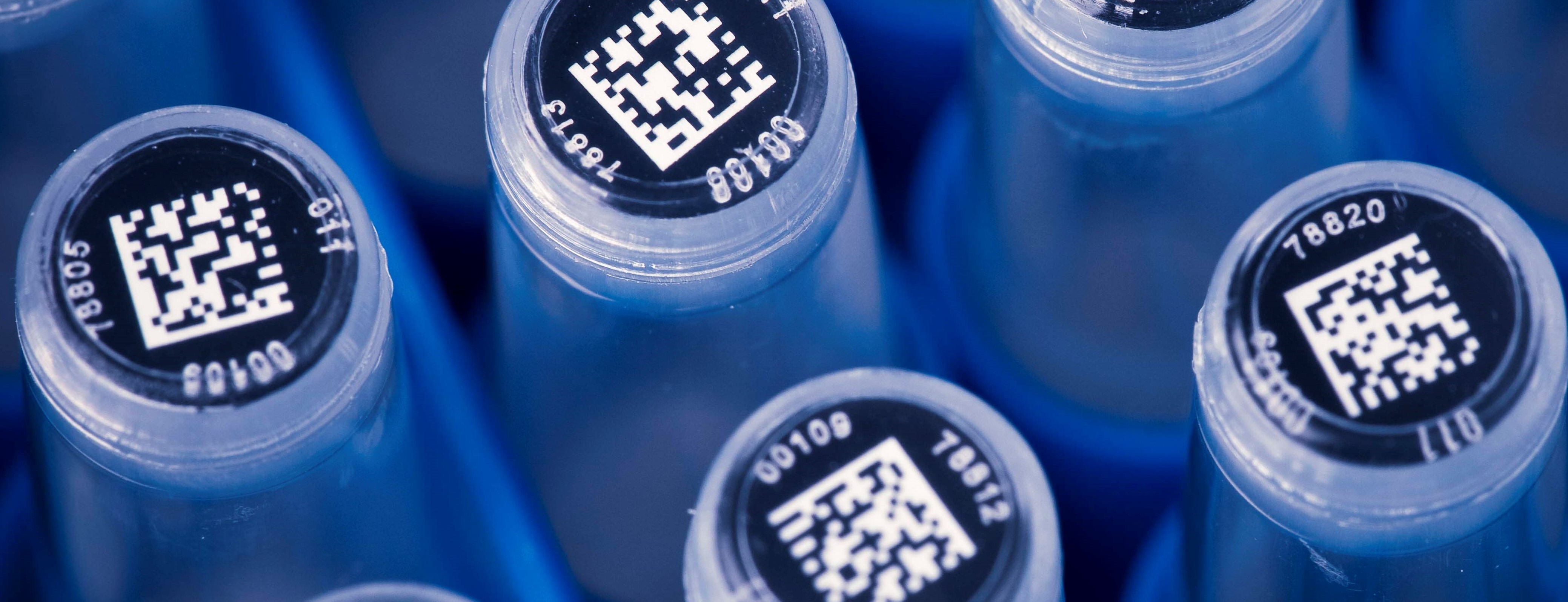
Imaging data
Please note: data is only accessible through our Research Analysis Platform.
The world's largest multi-modal imaging study
In 2014 the UK Biobank imaging study began with the aim of re-inviting 100,000 participants to undergo brain, cardiac and abdominal magnetic resonance imaging, dual-energy X-ray absorptiometry (DXA) and carotid ultrasound. Performing imaging at this scale is unprecedented and will allow researchers to identify associations between lifestyle and genetic factors and imaging-derived measures of body structure and function (i.e. ‘imaging-derived phenotypes’). Find out more below...
Imaging scans
UK Biobank's imaging study includes measures such as white matter hyper intensities derived from the brain scans, visceral fat derived from the abdominal scans, and left ventricular ejection fraction derived from the cardiac scans. These derived measures can, in turn, be used to provide insights into the biological mechanisms through which lifestyle and genetic factors affect disease risk.
Repeat scans
In 2018 Dementias Platform UK funded repeat imaging scans on participants within 2 years after their initial scan. Obtaining a repeated imaging measure allows researchers to investigate associations between changes in imaging-derived phenotypes (e.g., brain morphology, heart function or visceral fat levels) and subsequent risk of disease. This was completed on 3,000 participants.
Together with the Medical Research Council (MRC); Calico Life Sciences, a biotechnology organization founded by Alphabet and Arthur D. Levinson; and the Chan Zuckerberg Initiative (CZI), a philanthropy founded by Priscilla Chan and Mark Zuckerberg, UK Biobank will undertake a project to conduct a repeat set of imaging scans on 60,000 UK Biobank participants. This £30m project, announced in September 2022, will capture a repeated set of highly-detailed, multi-organ images from a large cohort of participants, allowing researchers to assess changes in physiology over time. This effort will enable a better understanding of the trajectory of major chronic diseases of mid-to-later life and enable researchers to explore the mechanisms through which diseases occur in individuals.
COVID-19 repeat imaging scans
UK Biobank repeat scans have already been used to better understand the health impacts of COVID-19. Repeat imaging has taken place on a subset of about 2,000 participants who had taken part in an imaging assessment prior to the pandemic. We received a 58% response rate from participants who had COVID-19 and a 57% response rate from participants who have not been infected but who were still similar in age, sex and ethnic group to help understand how the virus affects changes in internal organs.
Imaging data
New tranches of data from the imaging assessment (raw scans and imaging-derived phenotypes) are uploaded to Data Showcase on a regular basis. The raw imaging scans and any imaging-derived phenotypes that are generated by expert research groups are available for the following scans:
Click on the button below for more information on what a participant can expect through an imaging assessment.
Novel findings

Brain aging comprises many modes of structural and functional change with distinct genetic and biophysical associations
Stephen M Smith et. al.Associations between vascular risk factors and brain MRI indices in UK Biobank
Simon R Cox et alApproved Research ID : 10279
SARS-CoV-2 is associated with changes in brain structure in UK Biobank
G Douaud et alOCT imaging
Approximately 85,000 participants underwent Optical Coherence Tomography imaging of the retina (using the TOPCON 3D OCT 1000 Mk2) at the baseline assessment. More information on these data can be found here.
The UK Biobank Eye and Vision Consortium has brought together a wide range of experts in eye and vision research and treatment. Click on the button below to find out more - please note, this is a third party website and not managed by UK Biobank.

A retina image
Incidental Findings Research
UK Biobank’s participant consent is based on no feedback of results. However, when undertaking such a large-scale imaging study, some potentially serious incidental findings are likely to be detected (defined here as findings that might indicate the possibility of a serious condition which would carry a real prospect of significantly threatening lifespan, or of having a substantial impact on major body functions or quality of life).
It is important that we minimise potential harm to our participants, both from findings that can have serious health implications and mental distress caused by findings that turn out not to be a health concern. As such, we have developed a protocol for identifying and providing feedback to participants and their GPs regarding any potentially serious incidental findings.
Explore our data
Last updated







